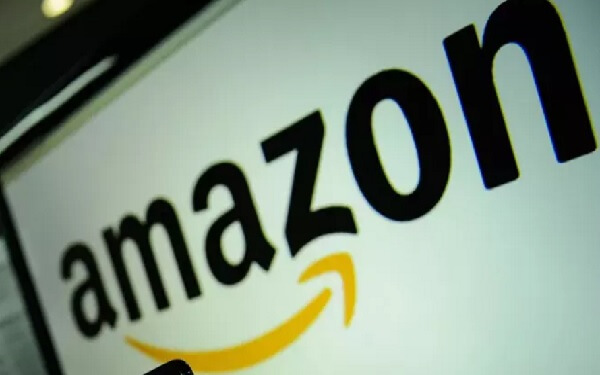
Amazon is discussing a potential partnership to offer its customers bank accounts via JPMorgan Chase, in a deal that could unite America’s biggest bank with its biggest ecommerce platform.
The Seattle-based company is talking to JPMorgan to develop a checking account-like product, according to people familiar with the discussions, as it seeks to strengthen ties with millions of consumers who rely on the site for an increasingly large share of their day-to-day consumption.
Talks are at an exploratory stage, these people cautioned, and plans are likely to be complicated by discussions with the regulator, the Federal Deposit Insurance Corporation, and also matters such as “the Durbin amendment”, which is a Dodd-Frank provision that caps interchange fees paid to retailers for debit-card purchases.
But if Amazon succeeds in offering users access to some kind of bank account, it would mark another move in its steady incursion in to territory historically dominated by the big brick-and-mortar lenders. Amazon has already pushed into loans to small businesses operating on its Marketplace platform, announcing last June that it had originated a total of $3bn since a low-key launch in 2011.
Both Amazon and JPMorgan declined to comment on a possible tie-up.
“Amazon is one example of a big tech company . . . thinking about finance as not just a feature to help drive the purchase of goods on their retail platform, but perhaps . . . as a core business,” said David Klein, chief executive of CommonBond, an online lending platform based in New York.
[If Amazon can] turn financial products into mere features of its ecosystem, this would have a commoditising effect on the banking industryLex Sokolin, Autonomous Research
The same could apply to Apple or Facebook or Google, he added. “Data and finance work really well together, and if you have technology to learn quickly from it and then apply it that could be very attractive . . . whether they want to become a financial company in themselves or whether they want to monetise it with financial companies.”
It is unclear whether a tie-up between Amazon and JPMorgan would give customers the ability to write cheques, directly pay bills, or access the bank’s network of ATMs.
Amazon could find a receptive audience. A recent survey carried out by Bain, the strategy consultancy, found that nearly 60 per cent of bank customers in the US were willing to try a financial product from tech groups they already use. Amazon and PayPal were the two brands consumers would most trust with their money, the survey found, ahead of Apple, Google, Microsoft, Facebook and Snapchat.
JPMorgan and Amazon are already partners in other areas. Last month the pair joined forces with Berkshire Hathaway to create a not-for-profit healthcare company, while Chase, JPMorgan’s retail banking arm, issues the Amazon Prime Rewards Signature Card. Last week, at the bank’s annual investor day, Marianne Lake, finance chief, named Amazon, British Airways and Starbucks as its three most “truly impressive” credit-card partners.
The talks are not exclusive, according to a report from the Wall Street Journal which also linked Amazon to Capital One, the McLean, Virginia-based bank. Capital One declined to comment.
Lex Sokolin, fintech analyst at Autonomous Research in London, said that if the ecommerce giant can “turn financial products into mere features of its ecosystem, this would have a commoditising effect on the banking industry”.
Brendan Dickinson, a partner at Canaan Partners, an early-stage venture capital firm, suggested that JPMorgan (market capitalisation: $393bn) will probably tread warily, as it discusses a potential partnership with a company almost twice its size ($732bn).
“In the short term I’m sure [a deal is] financially lucrative. Though in the longer-term it could look like the movie studios partnering with Netflix to distribute their back catalogues — it was a great cash bump at the time, but it gave rise to the studios’ existential threat.”
Source: Financial Times